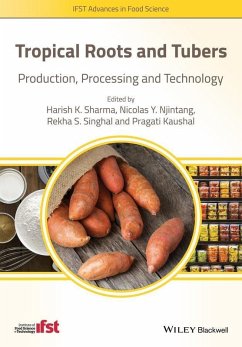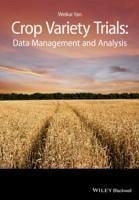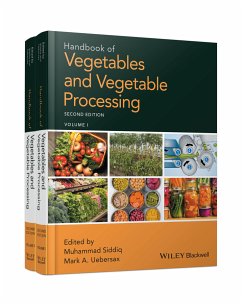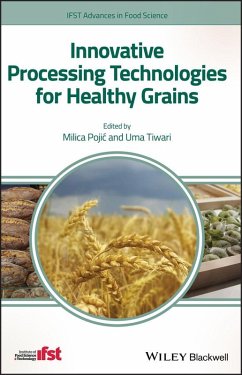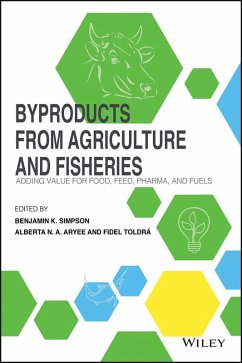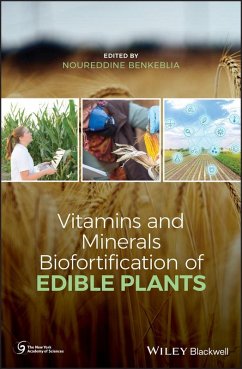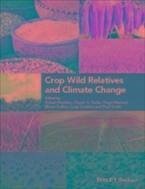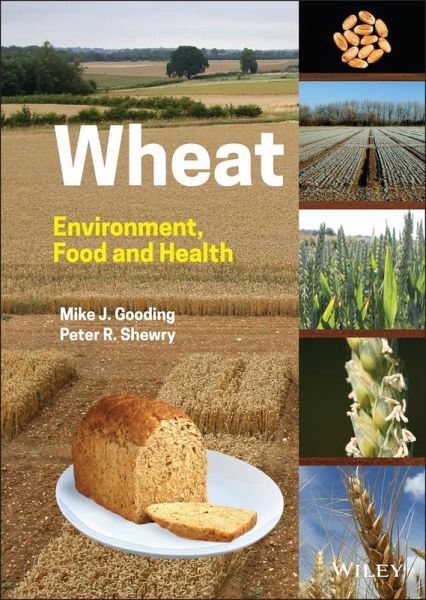
Wheat (eBook, PDF)
Environment, Food and Health
Versandkostenfrei!
Sofort per Download lieferbar
160,99 €
inkl. MwSt.
Weitere Ausgaben:

PAYBACK Punkte
0 °P sammeln!
Wheat is produced on a greater area, grown over a wider geographic range, and traded internationally as a commodity more than any other arable crop. Wheat alone provides 20% of the calories and protein in the global human diet. Understanding the interactions between wheat production, the environment, and human nutrition is essential for meeting the demands of food security as we approach the middle of the 21st century. Wheat: Environment, Food and Health is written by two leading authorities in the field and offers insights into critical issues such as the sustainability of wheat production, t...
Wheat is produced on a greater area, grown over a wider geographic range, and traded internationally as a commodity more than any other arable crop. Wheat alone provides 20% of the calories and protein in the global human diet. Understanding the interactions between wheat production, the environment, and human nutrition is essential for meeting the demands of food security as we approach the middle of the 21st century. Wheat: Environment, Food and Health is written by two leading authorities in the field and offers insights into critical issues such as the sustainability of wheat production, the challenges of both mitigating and adapting to environmental change, and the effects of wheat consumption on human health. Covering a broad range of topics, the authors: * Introduce the historical development and utilization of the wheat crop. * Describe the factors affecting the quality and acceptability of wheat for different uses. * Discuss the soil characteristics that are required for, and changed by, wheat production. * Examine the water, temperature, and light requirements of wheat systems. * Explore the methods and sustainability of plant breeding and farmer approaches to improving crop yields. * Describe the development, structure, and composition of wheat grain. * Discuss the contribution and impacts, both positive and negative, of wheat consumption on human health. * * Discuss how modern technologies and new approaches are addressing the challenges of maintaining wheat production. Wheat: Environment, Food and Health is an essential resource for researchers and academics in disciplines including agriculture, plant biology, applied biology, botany, food science and nutrition, crop improvement, food security, environmental sustainability, and human health.
Dieser Download kann aus rechtlichen Gründen nur mit Rechnungsadresse in A, B, BG, CY, CZ, D, DK, EW, E, FIN, F, GR, HR, H, IRL, I, LT, L, LR, M, NL, PL, P, R, S, SLO, SK ausgeliefert werden.





